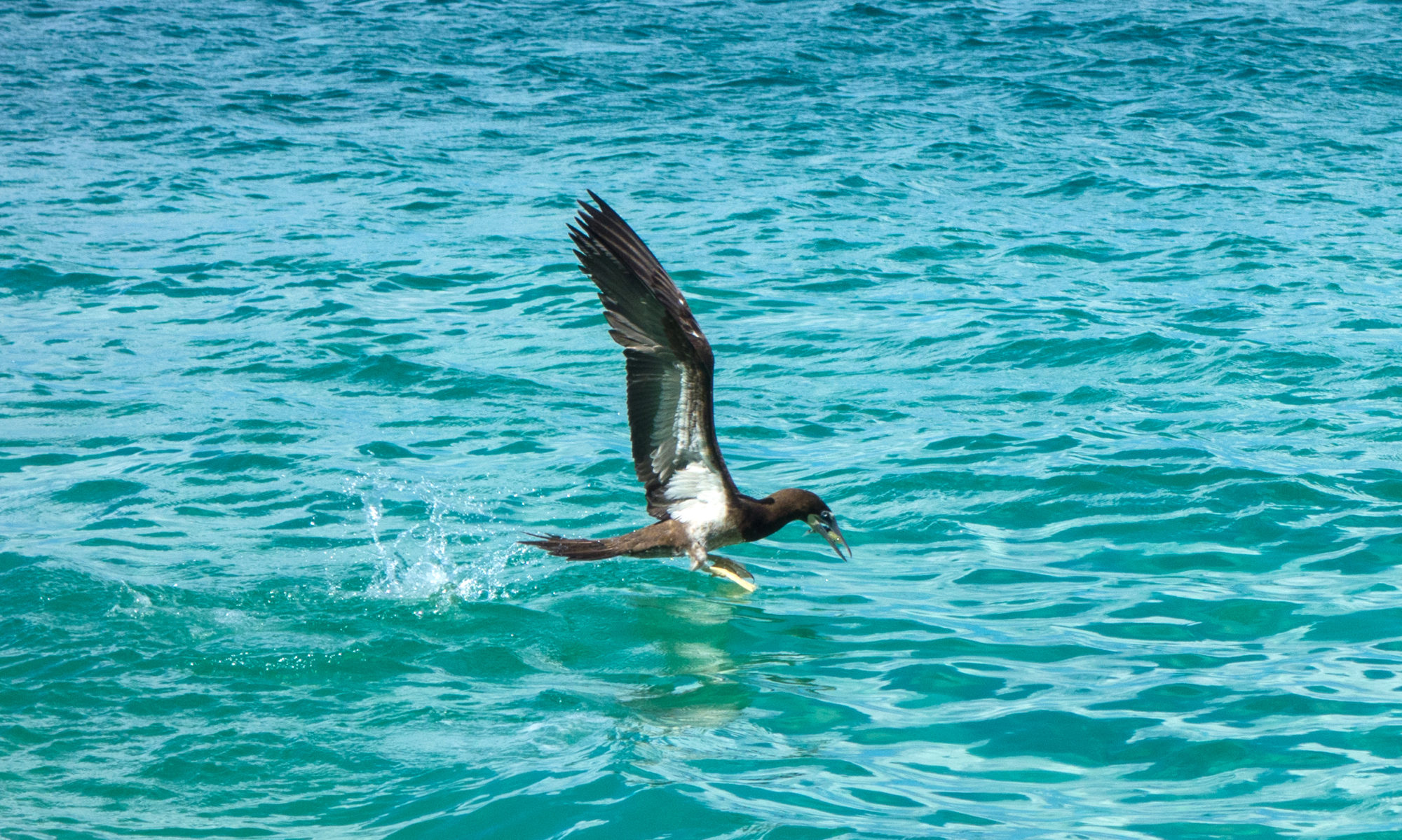When I moved to Bequia in 1977 the internet was a thing of the future, and stormy weather was pretty much predicted with the use of common sense as opposed to spaghetti models on computers. There was very little warning of approaching storms, but the whole island knew what the raising of the dreaded white flag meant! When the white flag was placed in Port Elizabeth it meant a hurricane was headed for the windward islands, and news of the approaching storm was spread quickly via word of mouth. When that flag was raised there was barely enough time to stock up on canned food and kerosene let alone secure boats and homes before the storm hit Bequia, but I was grateful for the rudimentary warning.

Times have changed. We’ve come a long way since the days of hasty white flags, one can now scroll through the world wide web for hurricane news. There are endless computer models, graphs, formation probabilities and wind speed predictions at the tips of our fingers, magical stuff when you think about it! We can sit in front of our screens and watch systems as they leave the coast of Africa during the summer months, and be kept informed as to whether they’ll become tropical waves, depressions, storms or hurricanes as they move across the ocean. The news media adds an element of excitement to the mix, and people often get needlessly worried about tropical systems that aren’t liable to pose a threat. At times it seems as though mountains are being made out of molehills, and it takes a discerning grasp of what’s really happening to make sense of the reports we see on the internet.

Near the end of June 2024, a system moved off the coast of Africa that bore watching. It was early in the hurricane season, and the system was tracking further south than usual. My husband Nik, a retired tug-boat captain, is my very own built-in “white flag”; when Nik gets worried about weather systems I also get worried, and when Beryl began to spin he told me it was time to stock up on dried and canned foods. The spaghetti models and path cones filled me with alarm; it looked as though the eye of the storm was positioned to pass right over Bequia, and we prepared the house as best as possible for what was predicted to hit our island as a powerful category 3 or even category 4 hurricane. I stocked up on batteries and enough food staples to see us through what was obviously going to be a major blow, and hoped for the best.

Hurricane Beryl tracked a bit further south before attacking the windward islands, a relief for Bequia but a shift that would prove disastrous for the southern Grenadines and Carriacou. We braced ourselves for “white flag weather” and hoped that Beryl would pass over us quickly. July 1st 2024 was destined to be a day no-one in this part of the Caribbean is likely to forget, I certainly won’t!




So Bequia was in the dangerous semicircle of the storm. This is more significant for a vessel at sea but not great on an island either I suppose.
Thank you for sharing! I am both very sadden by the damage done to some much of the Grenadines, but very thankful that Bequia was only “bent” and not broken as you shared earlier.